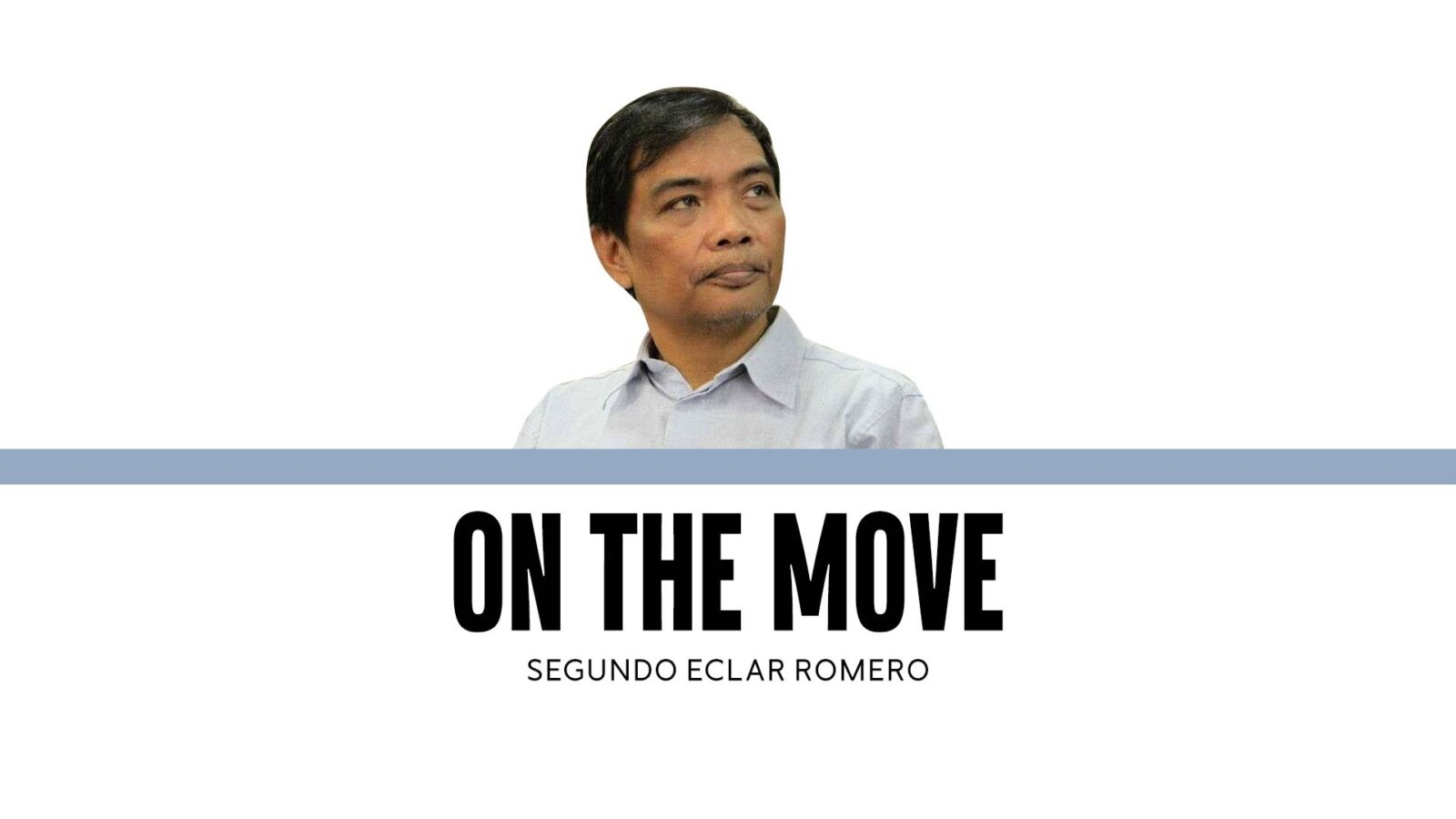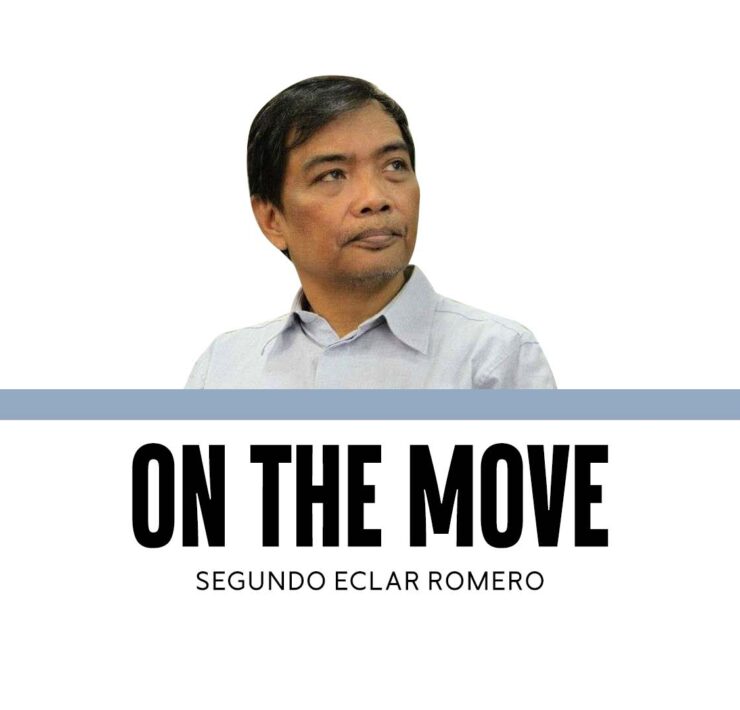The quiet retreat of the loudest hopes

When Bam Aquino and Kiko Pangilinan surged into the winning circle of the 2025 senatorial elections—defying polling trends and elite expectations—they were carried by a wave of youth discontent and reformist aspiration. Their comeback was widely seen as a public cry for integrity, vision, and real opposition in a political system suffocating under dynastic self-interest, corruption, impunity, and institutional drift.
But in a stunning reversal, the two senators have now aligned themselves with the Senate majority bloc, taking committee posts and signaling cooperation with the very machinery many voters hoped they would challenge. What could have become the nucleus of a principled opposition—alongside Sen. Risa Hontiveros, the Senate’s clearest moral voice—has instead fragmented into polite bureaucratic silence. The opportunity to reshape the narrative has been traded for performance metrics and legislative deliverables.
To understand why this matters, one must revisit the real role of a senator in a time of democratic fragility.
The Senate is not just a legislative body. Its members, elected at-large, are supposed to articulate the broadest and boldest visions of the Republic. They are uniquely positioned to see beyond district interests, beyond political debts, beyond the immediate electoral cycles. In critical moments of history, senators are expected to rise as public intellectuals, moral exemplars, and constitutional guardians.
They are educators of the nation, not only in the classroom sense, but in the public square. Their voices shape civic expectations. They are meant to clarify confusion, call out abuse, and carry the burdens of moral clarity when the rest of the government has lost its bearings. Think of the late senator Benigno Aquino Jr., whose clear-eyed resistance in the face of authoritarianism remains etched in the nation’s conscience. His fellow Tarlaqueños—Carlos P. Romulo and Onofre D. Corpuz—chose collaboration with Marcos. History remembers Ninoy more dearly.
Aquino and Pangilinan, in joining the majority, have made a tactical calculation: that they can pass laws, fund programs, and “do more” by playing nice. But in so doing, they have surrendered the strategic space—the role of speaking truth to power, of representing the growing unease of the Filipino people with a government that has repeatedly evaded accountability.
They now sit in a chamber where criticism is discouraged, committee work is tethered to executive approval, and speaking out is considered disruptive. They will be praised for being “reasonable,” “constructive,” and “pragmatic.” But over time, they will find themselves slowly defanged—not by censorship, but by co-optation.
Hontiveros will continue to stand alone on the Senate floor, raising alarms about Red-tagging, confidential funds, and impunity. She will be the one offering dissent in the face of manufactured consent. And Aquino and Pangilinan? They will nod respectfully, but say nothing. Their relationship with her will be defined by “calibrated neutrality”—a polite refusal to stand with her, not because they disagree, but because they’ve chosen the path of least resistance.
The people who voted for them did not want quiet service delivery. They wanted meaning. They wanted senators who would not just fund farm-to-market roads but also call out the rot in our democratic institutions. They wanted hammers on the anvil, not hammers trying to blend into it.
What’s at stake is more than just committee assignments. It is the moral architecture of the Senate. If Aquino and Pangilinan had chosen to stand with Hontiveros, they could have formed a principled trio—an independent bloc capable of reshaping the civic narrative. They could have redefined what it means to be in opposition: not obstructionist, but visionary; not loud, but clear. They could have turned their platforms into platforms for truth, their privilege speeches into moments of national reflection.
Instead, they have chosen the comfort of relevance over the courage of resistance. And so the Senate, rather than regaining its stature as the nation’s moral and strategic compass, drifts further into irrelevance—its members chasing individual performance metrics while the house burns around them.
This is how democracies don’t collapse—but corrode. Not with a bang, but with silence. Not through dictatorship, but through deals. Not through censorship, but through self-erasure.
There is still time. The Senate term is six years long. But the next three years will define how history remembers Aquino and Pangilinan: not by what bills they filed, but by what truths they refused to speak. In this moment, courage is not optional. It is the job description.


















